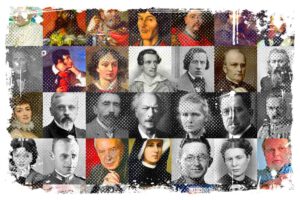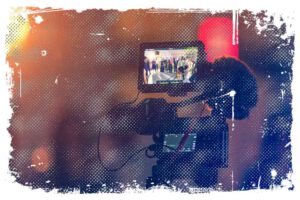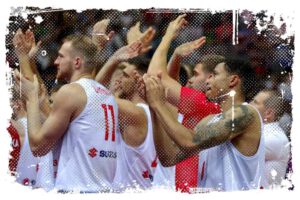As someone familiar with the history of organized crime in Poland, I can tell you that gangsters were already operating at the end of the Polish People’s Republic. However, it was in the 1990s that gang activity dealt a severe blow to the Polish state and its police services.

While Pruszkow and Wolomin (Warsaw’s districts) are commonly known as the centers of Polish mafia activity, the most notorious crook and thief from the Tricity is still considered a model for his „successors” from other parts of the country.
I remember, when I was in my early twenties, watching a TV documentary about the Polish mafia, which featured the notorious gangster from the Tricity. The documentary highlighted his criminal activities, including extortion, drug trafficking, and murder. It was shocking to see how he was able to operate for so long without being caught by the authorities. It was clear that the police and government officials were struggling to combat the growing power of organized crime in the country.
- Make sure you also read this article from which you can learn more about the biggest Polish gang: The Dark Legacy – Tracing the History of Pruszków Mafia in Poland
As early as 1993, Sub-Inspector Marek Ochojski, attending an international conference for police officers, expressed his concern about the rise of organized crime in Poland. He believed that the country was at the beginning of a long road to learning about this problem.
↳ PRO TIP: Do you like traveling? Then before you buy any ticket or book an attraction, check if it's available in this worldwide Viator Database. You may save a lot of money and time. No need to thank me :)
Today, 30 years later, there are no such gangs in Poland. Below you can read more about the most dangerous ones:
Nikodem Skotarczak a.k.a. „Nikoś”
Nikodem was born in 1954 in Pruszcz Gdański, Poland. In the late 1970s and early 1980s, he began his criminal activities in the Tricity region, which was the center of Polish swindlers and money exchange.
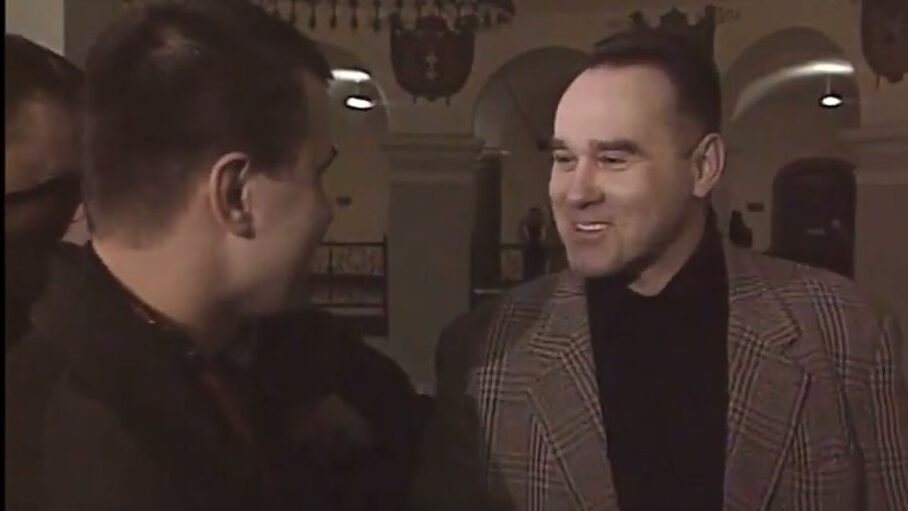
Nikodem was attracted to the money-changing trade and became a nightclub pimp right after graduating from high school. He eventually ended up working at the famous „Maxim” club in Gdynia, where he was mentored by Michal Antoniszyn, also known as „Mecenas„, who introduced him to currency trading.
At this point it is important to know: Buying and selling dollars was illegal in Poland at that time. Except for the so-called Pewex, where you could pay in dollars, there were no goods in shops during the communist period.
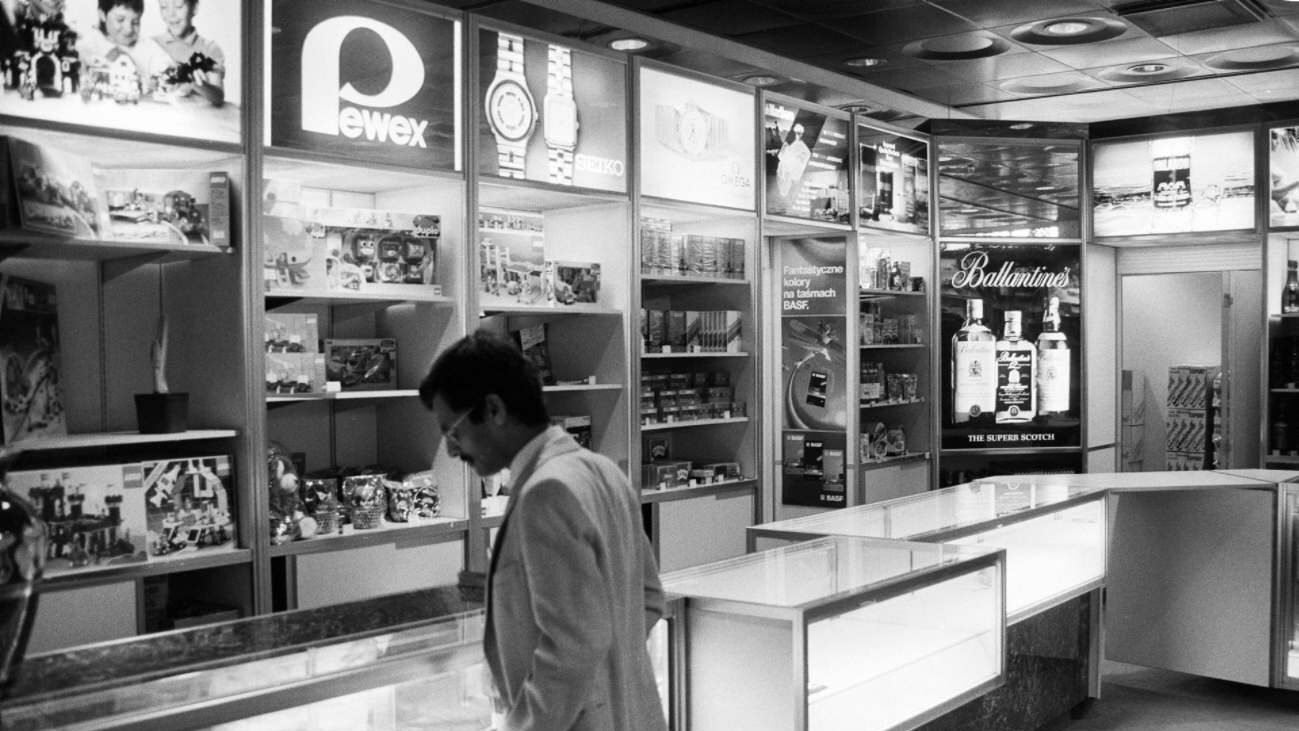
Nikodem developed a strong interest in the criminal underworld and formed his own criminal group. He expanded his illegal activities by smuggling stolen cars from wester europe into Poland. The operation was so successful that he moved to West Germany, where he oversaw his group’s activities. In a short time, he amassed a considerable fortune. He used part of his fortune to sponsor the Lechia Gdansk soccer club, which earned him the title of „Distinguished for Gdansk” from the local authorities in the 1980s.
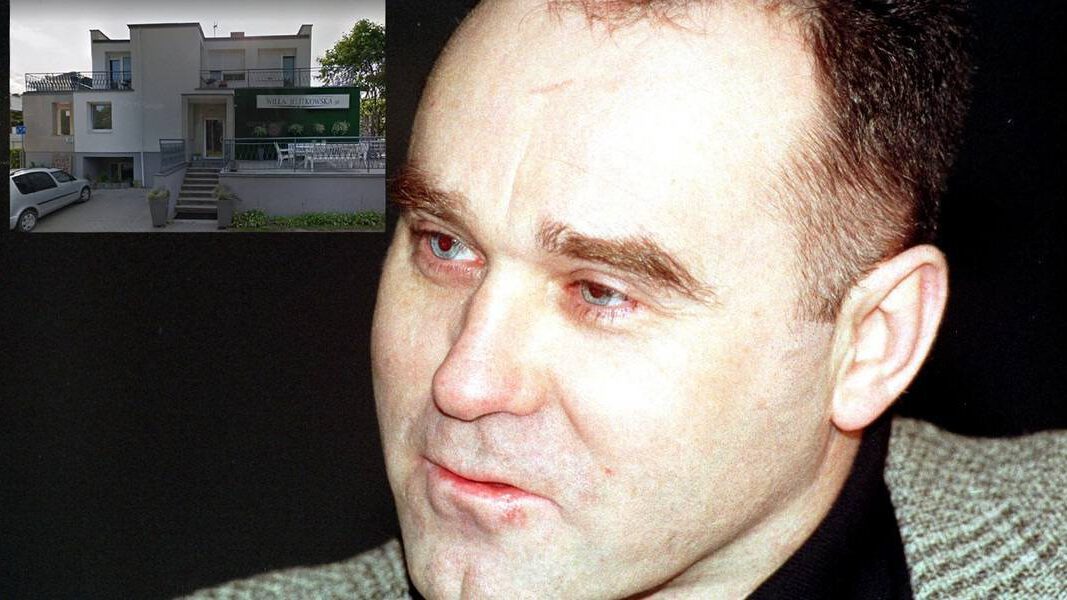
In 1989, German police arrested Nikodem in Berlin and sent him to Moabit prison. However, he managed to escape in the clothes of his brother, who was visiting him. After returning to Poland, he was arrested in 1992, but escaped from a police convoy during the arrest. He was finally caught in 1993 and sentenced to two years in prison.
After serving only one year, he was released. It is believed that he was able to evade authorities during his escapes because of his ability to bribe law enforcement officials.
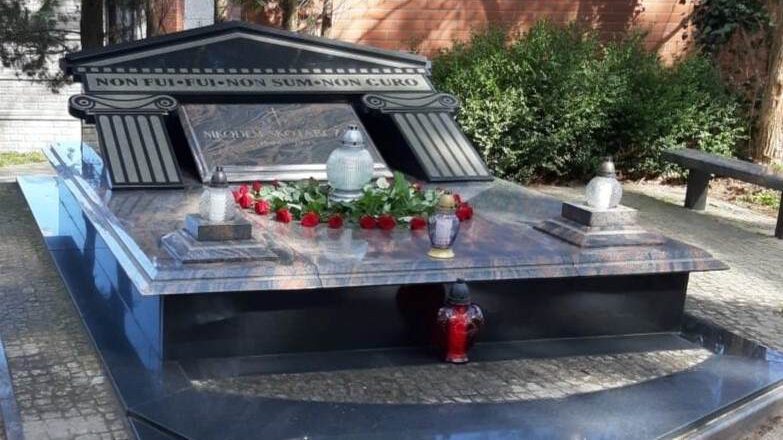
Following his release, Nikodem Skotarczak engaged in legitimate business, although he frequently attended court trials related to his past crimes. On April 24, 1998, he was fatally shot by unidentified gunmen in Gdynia. Although several gangsters were suspected of the murder, none were found guilty.
- I believe you will also enjoy this article, which explores intriguing locations where the mafia used to meet: The Polish Mafia’s Hangout Spots – A Blast From The Past
Andrzej Kolikowski a.k.a. „Pershing”
Andrzej Kolikowski was born in 1954 in a village near Ozarow Mazowiecki. He worked in a cable factory and coached wrestling and football after finishing school. In the 1970s, he joined forces with Jeremiah Baranski, also known as „Baranin„, a thief, smuggler and collaborator with the communist regime. With the help of an older colleague, he went to Germany. He was looking for riches by committing crimes.
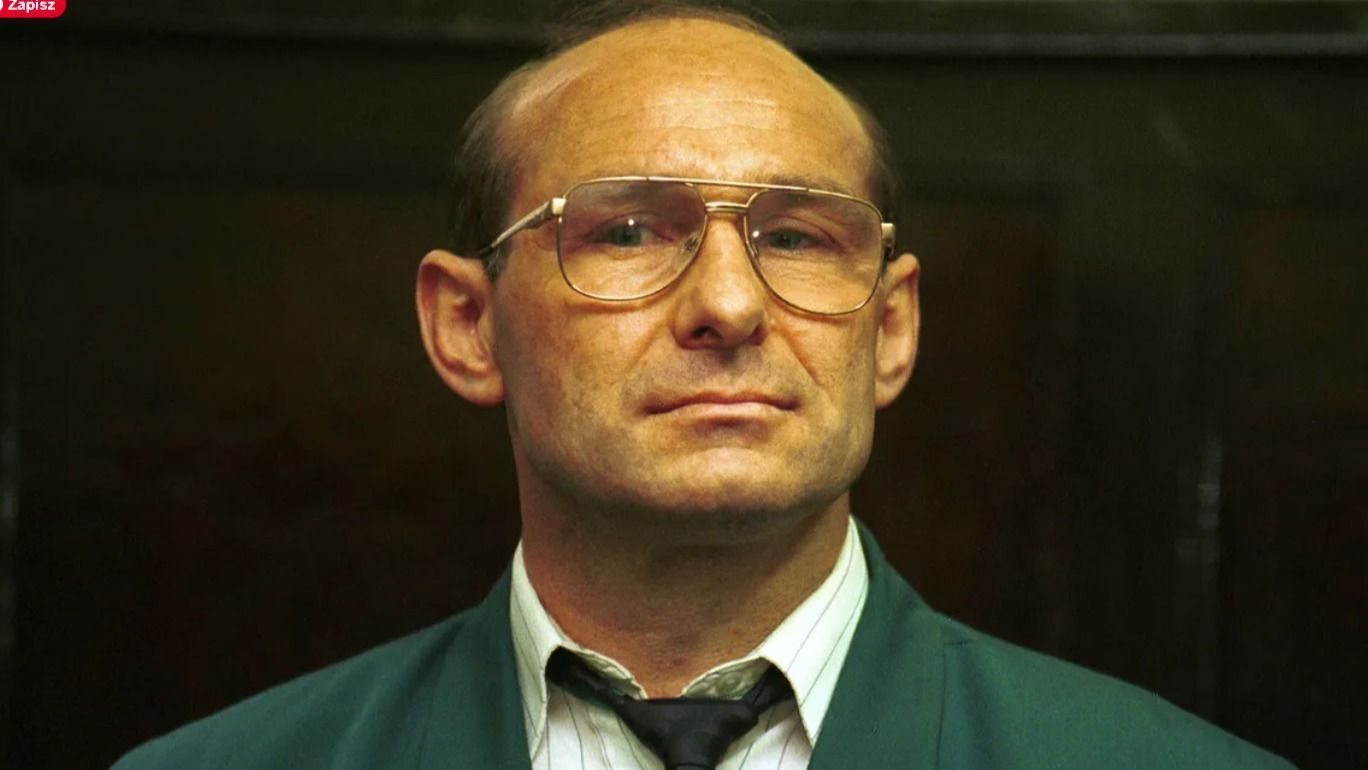
General Adam Rapacki said of the group of policemen who investigated the Pruszkow and Wolomin mafias and the „Wołowina” gang: „In our police station there were about a dozen of us who tried to gather as much knowledge as possible about criminal groups that the law enforcement authorities could not handle”.
During the 1980s, Andrzej Kolikowski invested the money he earned in the West to establish a gambling house in Warsaw and the rest he spent on horse racing and roulette. He also founded the „Ozarow Group„. It was his own criminal organization engaged in extortion. In the early 1990s, the gang became part of the Pruszkow Mafia, with „Pershing” himself becoming the head of the organization.
The police became interested in him in the early 1990s when they noticed that he was spending huge amounts of money despite having no income. After an investigation, he was charged with fencing, robbery, theft and forgery. In 1996, he was sentenced to four years in prison. However, he was released after only two years. During this time, other Pruszkow gang leaders decided to remove „Pershing” from his position. Fortune turned against him.
Andrzej Kolikowski had enemies at least since 1994, when three unsuccessful assassination attempts were made on him. Death caught up with him in 1999 in Zakopane. The gangster was shot several times in the head and chest.
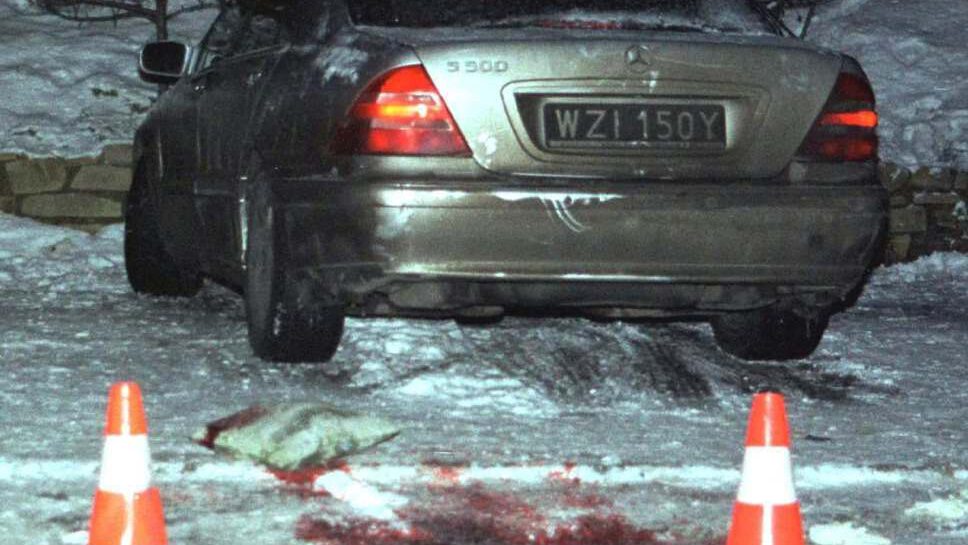
A few years later, Ryszard Bogucki and Ryszard Niemczyk („The Butcher / Rzenik”), as well as the murder’s mastermind, Miroslaw Danielak („Malizna”), one of the Pruszkow gang’s leaders, were convicted. Thir motive was to completely eliminate „Perhing” from the Mafia’s business.
Andrzej Zielinski a.k.a. „Słowik” / „Nightingale”
Andrzej Zielinski a.k.a. „Słowik” is a criminal who is a few years younger than his fellow criminals „Nikos” and „Pershing”. He was born in 1960. Despite his young age, he showed some criminal tendencies and was arrested for the first time at the age of 18 for theft. Upon his release, he immediately resumed his criminal activities and was sent back to prison after less than two months. Although he managed to escape, he was eventually recaptured.
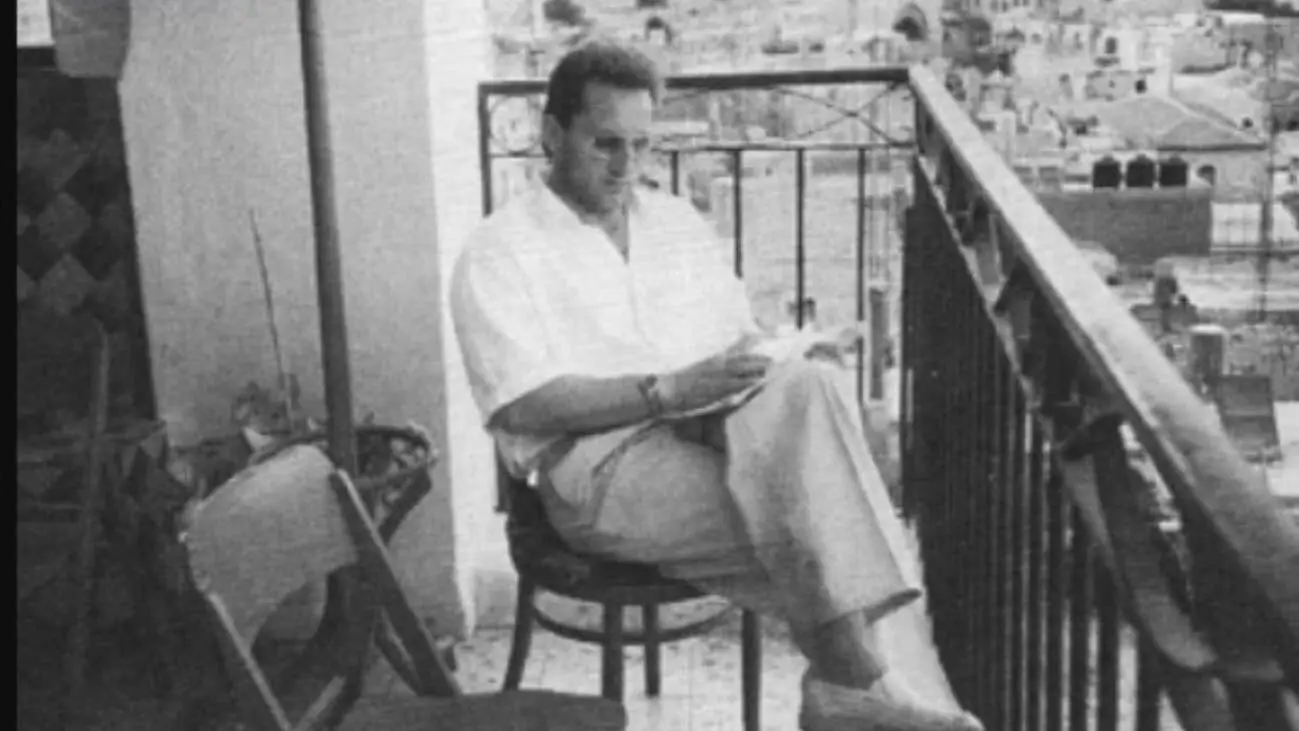
After serving his sentence, Zielinski continued to engage in criminal activities, including stealing cars, breaking into homes, committing fraud and forgery, collecting tribute, extorting debts, and eventually getting involved in drug trafficking. Although he was imprisoned several times during the 1980s, he was always able to secure his release through the use of medical releases and medical certificates.
This strategy served him well throughout his criminal career: Doctors were willing to accept bribes in exchange for medical releases. Some speculate that Zielinski’s close connections to high-level government officials may have played a role in his pardon by President Lech Walesa in 1993. However, this has never been proven.
While there are many links between the criminal underworld and various politicians and officials, everyone involved tries to cover their tracks and avoid leaving evidence of these relationships.
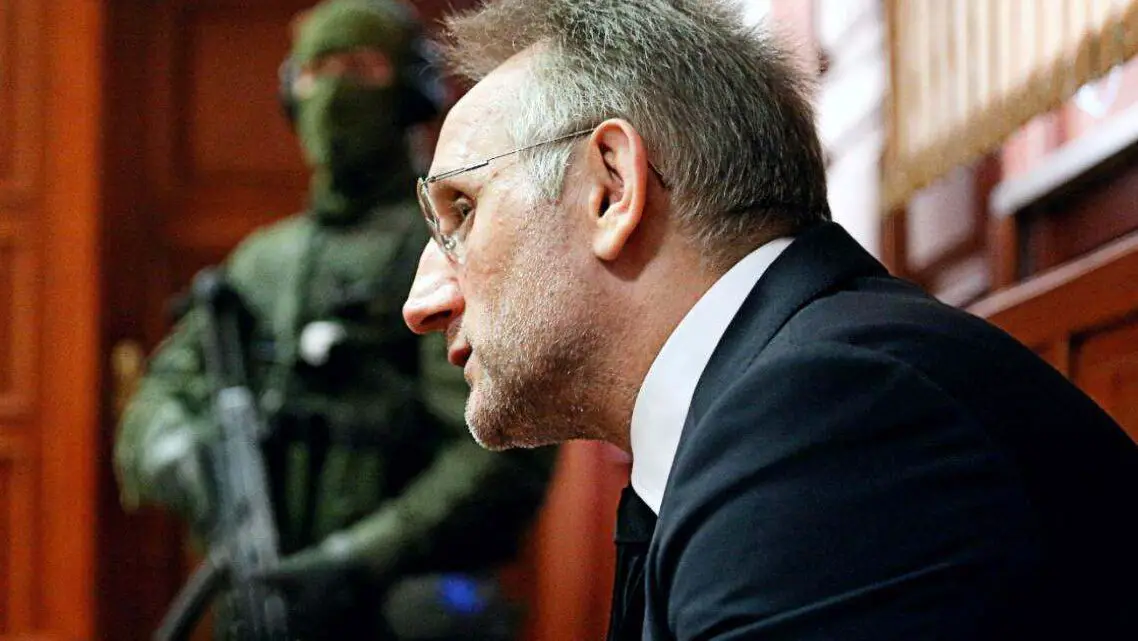
Sub-Inspector Marek Ochocki described the extent of the crimes committed by Polish organized crime groups, including corruption, extortion, terror, the use of violence and weapons, and the use of influence in political life, the mass media, administration, law, and business. These groups were involved in various criminal activities, including the illegal production and distribution of narcotics.
Despite his best efforts, Andrzej Zielinski’s crimes were eventually exposed. He was accused of leading the notorious Pruszkow Mafia and was arrested in Spain in 2001. In 2003, he was extradited to Poland, where he was convicted based on the testimony of Crown witness Jaroslaw Sokolowski, also known as „Masa„.
Zielinski was also charged with involvement in the murder of Police Chief Commander Marek Papala and with leading the Pruszkow group. He was eventually cleared of these charges. However, he was found guilty of robbery, extortion, assault, and extortion of VAT tax and was sentenced to prison. „Słowik” spent a significant amount of time in pre-trial detention during the proceedings against him, including for organizing drug trafficking within the detention center.
Jaroslaw Sokolowski a.k.a. „Masa” / „Mass
Jaroslaw Sokolowski, also known as „Masa„, is a well-known gangster who has gained notoriety through his appearances in a number of books, television shows, and his own multimedia productions. Despite his public profile, he always has his face hidden on TV and it is difficult to contact him by journalists. Only a small group of police officers is aware of his whereabouts.
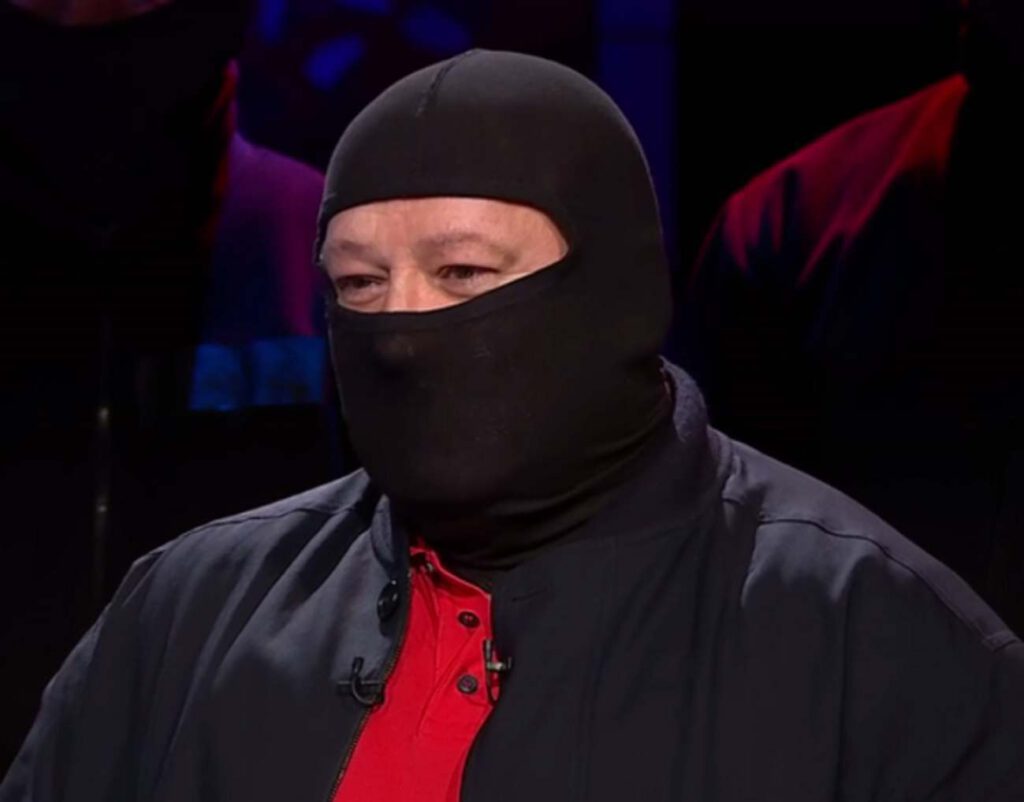
Sokolowski has been a key witness for the Polish police since 2000. His cooperation with the authorities played a significant role in the Pruszkow Mafia’s dismantling. Sokolowski’s testimony has led to the imprisonment of numerous criminals, including members of the Pruszkow group and other corrupt police officers.
His testimony was instrumental in putting Olszanski in prison for his involvement in the Pruszków group and corruption of police officers, according to a conversation between Michal Olszanski and Piotr Wrobel, the police officer who recruited Sokolowski to work with him.
He was born in Pruszków in 1962 and had a lifelong connection with the town. He went to school there and even started his career as a currency dealer in the state-owned Pewex system. In the late 1980s he became involved in criminal activities and joined the Pruszków gang, working for well-known criminals such as „Pershing”, „Słowik”, „Kielbasa” and „Parasol”.
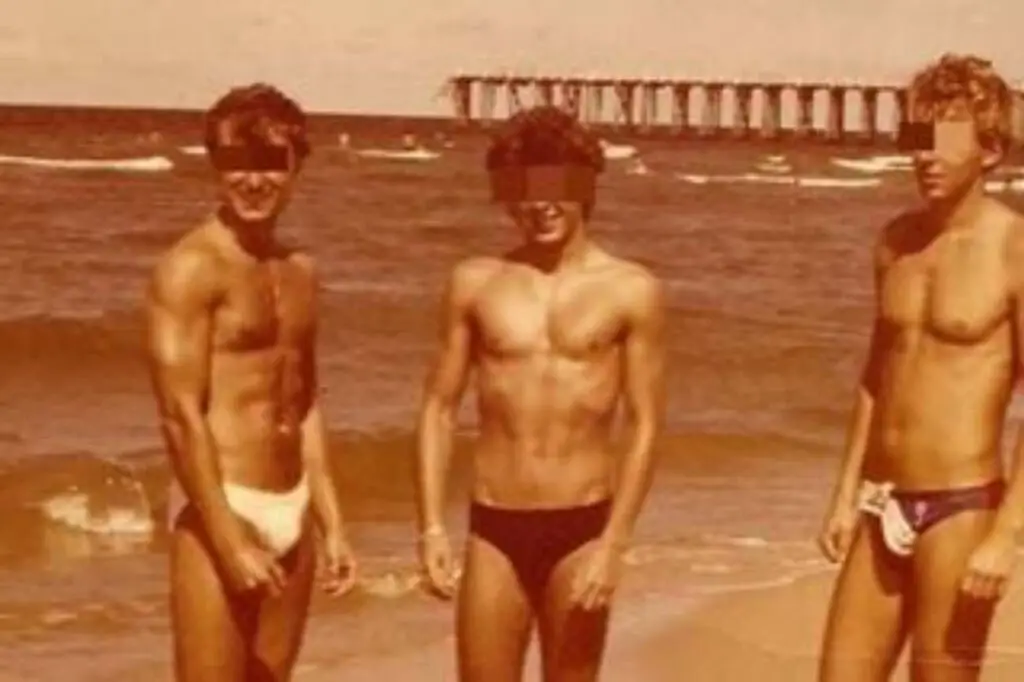
He participated in various illegal activities, such as robbing cigarette trucks and smuggling stolen cars, while also owning a legitimate restaurant in Pruszkow and a discotheque in Warsaw.
In 1999, the police arrested him, but he was released after only five months as a state witness. His testimony was crucial in the subsequent trials of the Pruszkow Mafia, and the gang was eventually dismantled. As a result of his cooperation, „Masa” became a media sensation and achieved celebrity status.
References
- https://pl.wikipedia.org/wiki/Gang_pruszkowski
- https://nowemedium.pl/historia/krolowie-podziemia-czyli-najwazniejsi-polscy-gangsterzy/

